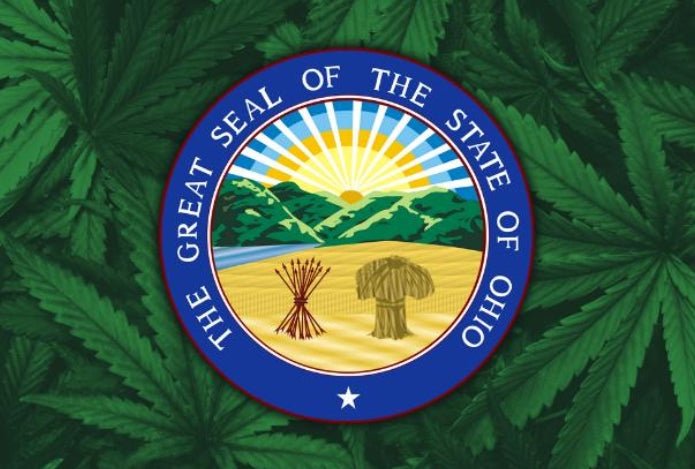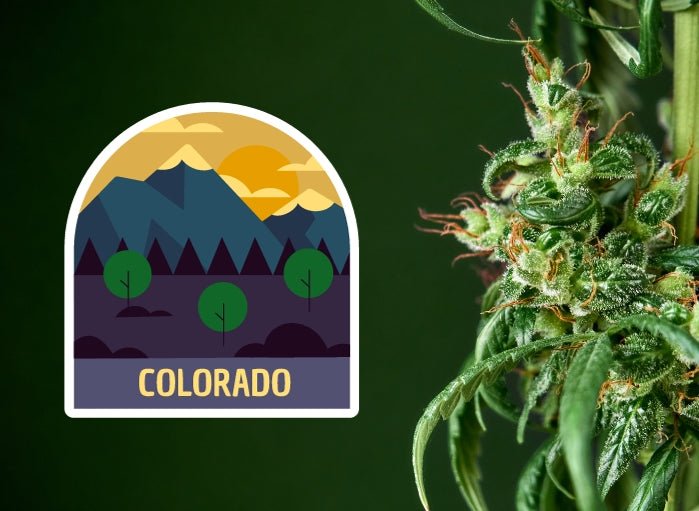The market sector media outlet, which focuses primarily on the industrial uses of hemp and cannabis, has recently begun attacking the intoxicating cannabinoid products derived from hemp.

A popular saying goes, “With friends like these, who needs enemies?” It is a common phrase used to describe individuals or organizations who appear to be supportive but are really just detractors dressed in friendly clothing and false words. Such is the case for the hemp industry and one of its supposed media-related champions, Hemp Today.
This author and many in the hemp/cannabis blogosphere routinely reference the articles and subjects covered by the various authors under the Hemp Today publishing umbrella. The predominantly online periodical magazine typically highlights topics like hemp as a building material, an alternative to plastics, and a source of food for livestock and human consumption.
However, recently, the publication has begun to vigorously and erroneously bite the hand that feeds it. As he passionately and eloquently details in his latest article concerning the battered and beleaguered hemp industry, Rod Kight, a world-renowned cannabis attorney and advocate for hemp, takes the leadership and authors to task for their duplicitous and flat-out false reporting, particularly concerning the politically, legally, and culturally hot-button topic of Intoxicating Hemp Derivatives (IHDs), such as delta-8 THC.
Since the passage of the 2018 Farm Bill, which legalized hemp and all of its downstream derivative products and uses, the fastest-growing and most financially lucrative sub-sector within the hemp industry is the market for intoxicating hemp-derived cannabinoid product offerings, with revenues exceeding $28 billion in 2023.
According to Kight, much of the reporting and assertions leveled at the IHD market are false and incredibly damaging from a public perception standpoint. In his expose on the publication, Kight points out two major flaws with the argument against IHDs.
First, its authors claim that IHD products are a danger to public health. As one of the articles states, “Dodgy producers continue to market delta-8 and other intoxicating cannabinoids to children, packaging edible products in brightly colored motifs that mimic popular brands of candies and other treats.”
"Dodgy producers continue to market delta-8 and other intoxicating cannabinoids to children, packaging edible products in brightly colored motifs that mimic popular brands of candies and other treats.”
- Hemp Today article on the Negative Effects of Intoxicating Hemp Cannabinoids
In fact, hemp-derived cannabinoid products are not a danger to public health at all. As Kight illuminates, more individuals die from water toxicity (drinking too much water) every year than those consuming IHDs. Many media outlets, including this one, have detailed the tragic death of a Virginia toddler who died after consuming his mother’s delta-8 gummies. While it is a tragedy, it is also the only reported incident of any person allegedly passing away following the consumption of an IHD product (a conclusion that is still up for medical debate).
Even Hemp Today admits that delta-8 THC by itself is not harmful, but rather, the lack of regulation within the IHD market is the real and dangerous problem. However, as Kight correctly points out, the cannabinoid sector of the industry is the most highly regulated portion of the entire market. Likewise, industry advocates and stakeholders routinely lobby for effective uniform rules and regulations.
In addition, most cultivators, manufacturers, and retailers in the legitimate IHD sector support federal and state-level legislation promoting public safety issues, such as age-gating, quality manufacturing, and proper labeling.
The second false assertion made by Hemp Today concerning the harmful effects of IHD products is the claim that cannabinoid hemp products have set back decades of lobbying to distinguish “hemp” from “cannabis,” resulting in negative investment and development in the hemp industry.
As one of the Hemp Today articles details, “With ‘intoxicating’ hemp products more exposed to the public (and regulators), any results of those efforts are quickly being eroded, negatively affecting investment and development across all hemp sectors.”
"With ‘intoxicating’ hemp products more exposed to the public (and regulators), any results of those efforts are quickly being eroded, negatively affecting investment and development across all hemp sectors.”
- Hemp Today article on the Negative Effects of Intoxicating Hemp Cannabinoids
On the contrary, IHD products have greatly aided the growth and normalization of the hemp market sector. Thanks to the efforts of the old-school “Hempsters,” as Kight refers to them, differentiating “hemp” from “marijuana” turned out to be an incredibly sound strategy for advancing the overall effort of hemp/cannabis reform and removing the stigma placed on the much-maligned plant for the better part of the 20th century.
Sectioning off and defining a portion of the cannabis sativa plant as “industrial hemp” was a stroke of genius. Beginning with hemp seeds and fiber, along with intense lobbying and several lawsuits, hemp/cannabis (they are the same plant) in the form of “industrial hemp” was eventually legalized and made available to the general public via the 2018 Farm Bill mentioned above.
That seminal piece of legislation also expanded the legal definition of hemp to intentionally include its cannabinoids, derivatives, etc., dramatically accelerating the overall cannabis reform movement in America. By exposing the general public to intoxicating cannabinoids through the hemp channel, industry advocates, stakeholders, lawmakers, and regulatory officials helped provide a gradual introduction to the products, which has hastened the normalization and destigmatization of hemp and cannabis.
As Kight states, “To say that it ‘negatively affects investment and development across all hemp sectors’ is incorrect. The opposite appears to be true, as the cannabinoid hemp sector of the hemp industry has grown to the size of the craft beer industry in a mere five years. Cannabinoid hemp is currently leading the way to the total reintegration and liberation of the cannabis plant.”
"To say that it ‘negatively affects investment and development across all hemp sectors’ is incorrect. The opposite appears to be true, as the cannabinoid hemp sector of the hemp industry has grown to the size of the craft beer industry in a mere five years. Cannabinoid hemp is currently leading the way to the total reintegration and liberation of the cannabis plant.”
- Rod Kight, World-Renowned Cannabis Attorney and Hemp Advocate
Kight concludes his critique of the publication’s efforts to attack IHD products and characterize them as “estranged from, or hostile to, hemp’s industrial uses” as a stark contrast to the periodical’s own Mission Statement, which is “the use of the versatile hemp plant in everything from medicine and food to cosmetics, building materials, and automotive parts.”
It is, at best, an odd and inconsistent approach to promoting hemp and its myriad of applications and uses. At worst, it almost seems like other forces may be behind the scenes, “puppet mastering” it all from the shadows. Regardless, advocating any dissent or division within the tenuous and still-growing market sector is not in the best interests of the hemp industry.
As Kight so eloquently concludes, “I sincerely hope Hemp Today, and adherents to the views expressed in several of its recent articles, will open their eyes and understand that the entire hemp industry, from cannabinoids to grain to fiber, is collectively forging a bold and broad path to cannabis reform. Hemp is cannabis. Maligning the cannabinoid hemp sector while playing it against the marijuana sector serves no purpose except to undermine the cause of cannabis itself, including the many beneficial products it produces.”
"I sincerely hope Hemp Today, and adherents to the views expressed in several of its recent articles, will open their eyes and understand that the entire hemp industry, from cannabinoids to grain to fiber, is collectively forging a bold and broad path to cannabis reform. Hemp is cannabis. Maligning the cannabinoid hemp sector while playing it against the marijuana sector serves no purpose except to undermine the cause of cannabis itself, including the many beneficial products it produces.”
- Rod Kight, World-Renowned Cannabis Attorney and Hemp Advocate








































